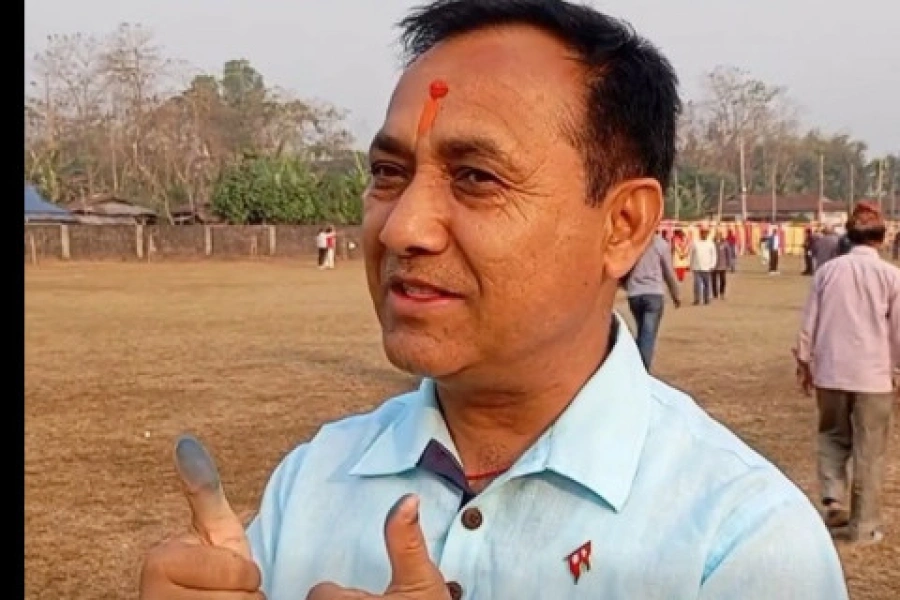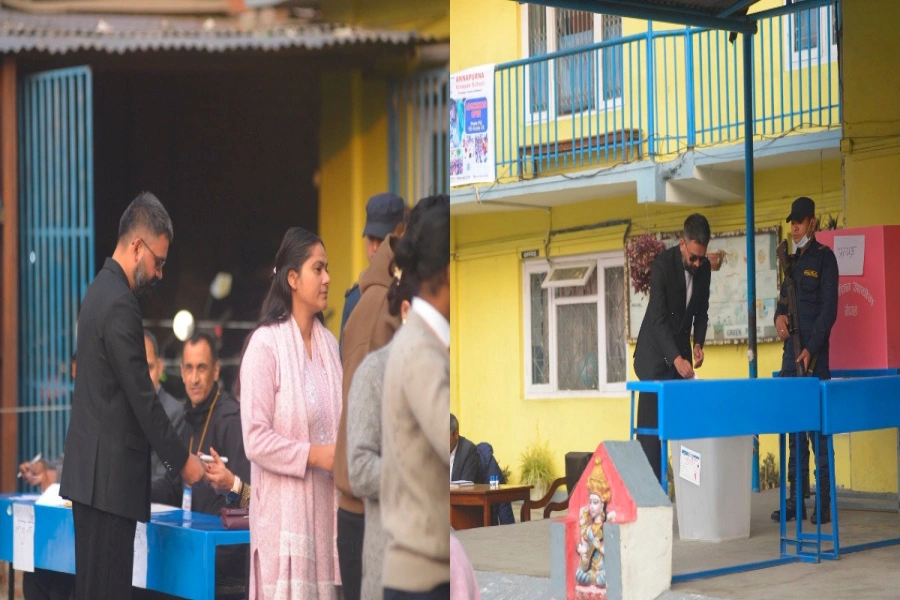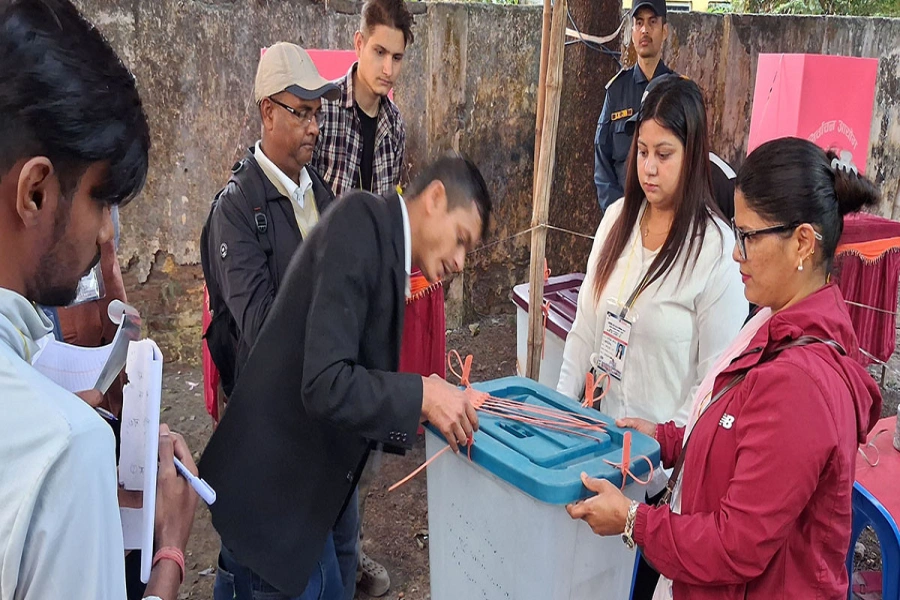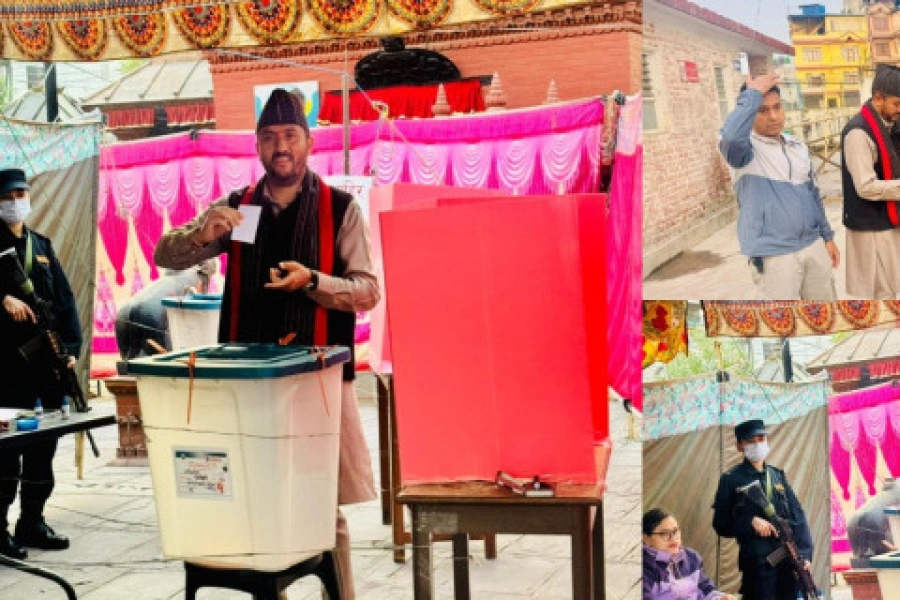With the formation of a new government, CPN (Maoist Center) Chairman Pushpa Kamal Dahal has begun his third term as Nepal’s Prime Minister. Dahal really deserves congratulations especially when one thinks that he has been able to rise to the country’s top executive post despite being restricted to the leader of a distant third party with just 32 seats in the 275-member House of Representatives (HoR). His rise to power becomes even more special when one considers that he won those 32 seats for his party with the help of the Nepali Congress in the elections held just some 40 days ago but last Monday he became the Prime Minister with the help of, mainly, the CPN-UML! Though that speaks volumes about his reliability as a political partner, Dahal’s rise to the powerful position once again is obviously great news for the Maoist Center, its cadres, and well-wishers. However, his third innings as the country’s Prime Minister is not going to be without challenges. In the first place, his term is predetermined – two and a half years. He will have to vacate the chair after that, according to his deal with UML Chairman KP Oli. Things are also going to be challenging for him because he no longer has that “aura of mystery” around him when he first became the Prime Minister in 2008. In fact, a lot of water has flown in the Bagmati River since then and all national and international forces that matter already have a feel of his strengths and weaknesses and political character.
PM Dahal and Parliament’s Trust

Another major challenge for Dahal comes from within the new ruling alliance through whose support he has become the country’s chief executive. Dahal who has become the PM with the support of 169 Members of Parliament (MPs) from seven political parties and three independent MPs, has to keep all of them happy. It goes without saying that Dahal won’t be able to do much without taking UML Chairman Oli into confidence; Oli holds the key to keeping the new ruling alliance intact. But keeping only Oli happy is not going to be enough; Dahal is expected to meet the expectations of other coalition partners as well. The fact that his eight-member Cabinet already has three deputy Prime Ministers makes it even clearer. Dahal first became the PM in 2008, after his party became the first party in the first Constituent Assembly elections. But just after nine months of becoming the PM, he had unnecessarily dragged himself into a conflict with the then army chief and the controversy that had ensued ended with Dahal stepping down as the country’s PM! Dahal became Nepal’s PM for a second time in 2016 with the help of the Nepali Congress but he went on to form an electoral alliance with the UML in the 2017 elections.
It is not that his party received the people’s mandate through the November 20 elections to lead the government. Yet, Dahal has succeeded in becoming the Prime Minister yet again. However, his third innings as the PM is not just about challenges. In fact, this could be the third major opportunity that has come his way when he is already in his late sixties. There is no doubt that Dahal is expected to learn lessons from his past and move forward accordingly. The present disappointment and hopelessness in the people regarding the country’s present and future would change for the better if he becomes successful in delivering. We hope Dahal is able to make everyone forget his two previous stints as the country’s Prime Minister through solid performance in the third. If he fails to do that, the people would automatically question the relevance of the change he claims to have led.









-1200x560_20240313155240.jpg)






-1200x560-1772642762.webp)





















